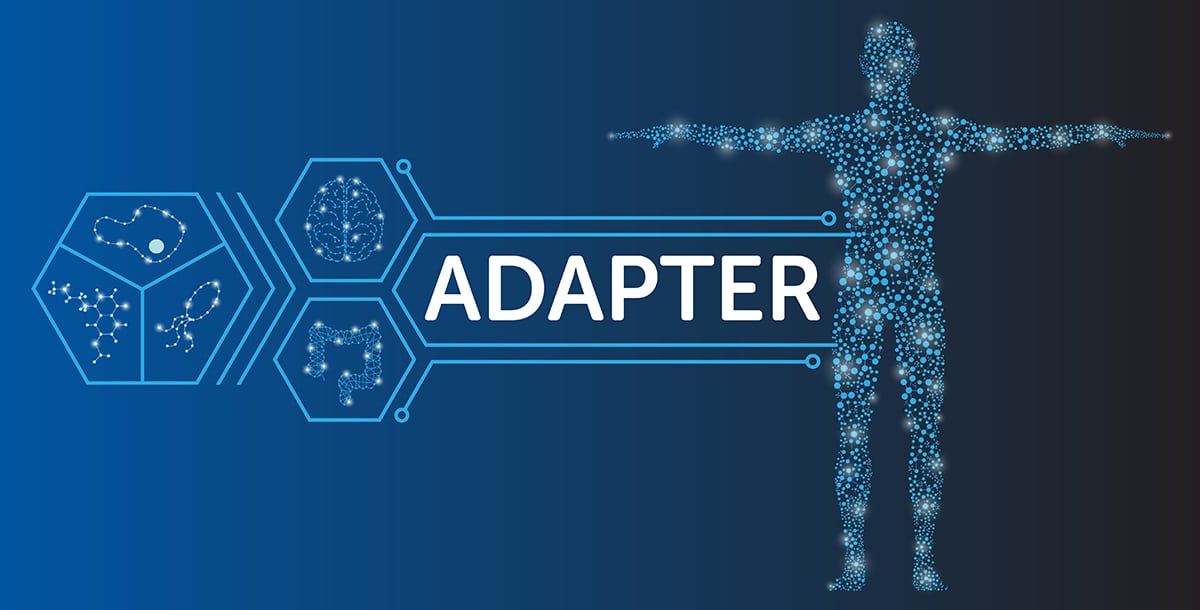

DARPA Program to Build Travel Adapter for Human Body
by outreach@darpa.mil | Apr 8, 2020
Warfighters are travelers and thus suffer from travelers’ ailments including disrupted sleep cycles and limited access to safe food and water. Warfighters who have not slept well have lower alertness, weaker athletic performance, and greater disorientation. Current approaches to restoring wakefulness often lean on chemical methods that disrupt downstream sleep patterns and lead to exhaustion. For sustenance, warfighters typically rely on military-supplied food, which is logistically burdensome and may lead to warfighters having to consume local food and water that could cause otherwise preventable diseases, notably diarrhea. Data from 2003 to 2004 demonstrate that 2/5ths of diarrhea cases among warfighters in Iraq and Afghanistan required medical attention.1
Through advances in medical devices and synthetic biology, DARPA’s new ADvanced Acclimation and Protection Tool for Environmental Readiness (ADAPTER) program aims to develop a travel adapter for the human body, an implantable or ingestible bioelectronic carrier that can provide warfighters control over their own physiology. The integrated system will be designed to entrain the sleep cycle – either to a new time zone or back to a normal sleep pattern after night missions – and eliminate bacteria that cause traveler’s diarrhea after ingestion of contaminated food and water. ADAPTER will provide a transient, non-genetic means of extending and enhancing warfighter readiness.
“The goal of the ADAPTER program is to produce the therapies within the body itself. ADAPTER will manage a warfighter’s circadian rhythm, halving the time to reestablish normal sleep after a disruption such as jet lag or shift lag. It will also provide safe food and water by eliminating in vivo the top five bacterial sources of traveler’s diarrhea. Both will enhance the health and mobility of warfighters,” described Paul Sheehan, Ph.D., program manager for the DARPA ADAPTER program.
Leveraging known strategies, solutions, and molecules, performers will choose one of two application tracks: (1) in vivo compound delivery to entrain circadian rhythm/restore sleep-cycles; or (2) in vivo decontamination of food and water from bacterial causes of traveler’s diarrhea.
A forthcoming Broad Agency Announcement will include full program details. It will be posted to SAM.gov.
1 Sanders JW, et al. (2005). Impact of illness and non-combat injury during Operations Iraqi Freedom and Enduring Freedom (Afghanistan). Am J Trop Med Hyg, 73:713–719. https://www.ncbi.nlm.nih.gov/pubmed/16222015/





0 Comments